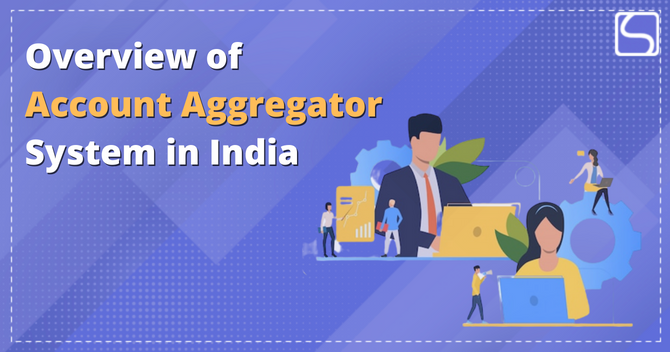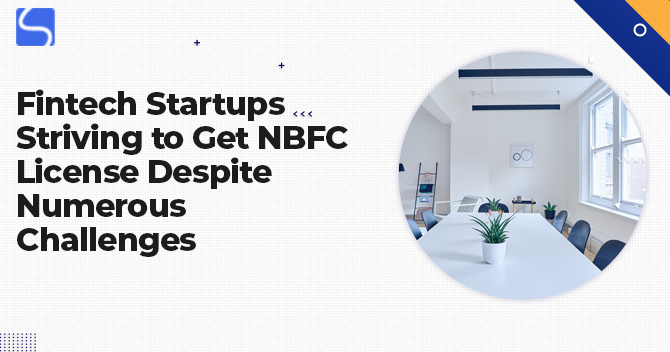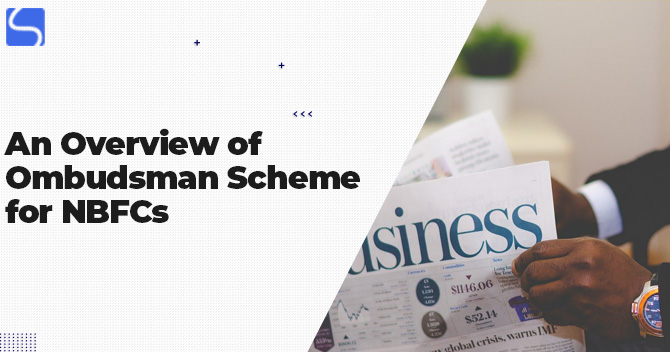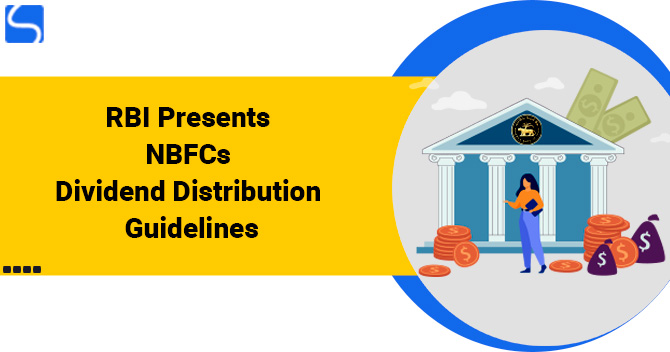Overview of Account Aggregator System in India

Ganesh Nair | Updated: Aug 29, 2022 | Category: Account & Closure, NBFC
Account aggregators are institutions that act as an intermediary that will share an individual’s financial information with various entities if the consumer consents to it. NBFC Account aggregators have been termed as “consent brokers”. The Reserve bank of India introduced Account Aggregator System in India in September of 2016 as a part of its master directions. In this Blog, we shall discuss about the Account Aggregator System.
Table of Contents
What is the need for Account Aggregators?
The government is digitizing the financial sector with an aim to make it more transparent and secure. One such step taken by it is to introduce the Account aggregators to the financial system. Account aggregator mechanisms are revolutionary in the lending system. We know that while borrowing funds from financial institutions such as banks and NBFCs, we are required to share numerous documents such as signed copies of bank statements, etc. on top of that, we need to get those documents notarised and stamped. At times we even share our personal account details with third parties. This sharing of personal information and documents had become a cumbersome process. In order to deal with this issue Account aggregator system has been introduced.
Responsibilities of an Account Aggregator:
- Consent: The transfer of the client’s data to any financial institution should solely be done upon the client’s consent. The information shall only be shared by the customer or by FIU as per the terms mentioned in the permit.
- Safety: The Account aggregator must ensure that all the data of clients that are stored with them remains secure. Account Aggregator Systems in India must ensure the introduction of proper safety measures.
- Documentation: All transactions between the customer and the Account aggregator must be carried out with proper documentation and authorizations.
- No other business: An AA cannot get itself involved in any other business. An Account aggregator entity must solely work for this business only.
- Third-party services: cannot use any third-party services in its business. Keeping in mind the sensitive information that is being recorded, no third-party involvement shall be allowed in the Account aggregator system.
Benefits of Account Aggregator License:
Some of the benefits of the Account aggregator license are listed below:
- Consolidation of User data: The user can see all his financial information on a single portal. This will make it easy for the person to manage his finances. The user will not even have to look for documents he requires for borrowing loans. He shall be able to share the documents easily with the concerned stakeholders[1].
- Unified Framework: The Account aggregator framework shall enable people to easily share financial information with the different service providers, including Wealth service providers, banks, portfolio managers etc. All the Clients’ information is stored under one head and shared in real-time.
- Consent based-data sharing: The Account aggregators shall share the data only upon the user’s consent. The user shall have control of all the access to the data, and once the user gives consent, it shall be irrevocable. If a situation arrives where the individual needs to revoke his consent, then the issue has to be resolved by the financial information user (FIU) through physical mode.
- Control lies with the User: The Account aggregator framework is fairly simple. It clearly specifies where the client’s information has been sent, with whom that information has been shared, the purpose of sharing such data and the duration and the frequency with which it has been shared. The user shall have clear control over such things.
- Security: Being in a digital format, the data remains secure. The data stays in an encrypted form; this means that only the receiver shall be able to view the contents of the data and no one in between. All the parties that are the Account aggregator and the Even the FIUs need to adhere to strict compliances to ensure that the individual’s data remains secure.
Challenges of Account aggregators
According to experts, there are a few challenges that the Account aggregator system in India will have to face these are:
- RBI’s Vision: RBI’s vision with the Account aggregators has tended to be positive. However, this system is in its nascent stages. In order to make it a long-running success and an inseparable part of our financial system, it must be able to address the concerns of the larger picture, such as a consolidated user base, data security and a user’s willingness to incorporate this system.
- Profitability: In order for Account aggregator systems to be a resounding success, it must ensure that this business is successful. RBI must ensure that norms are introduced to enable the creation of an extensive user database and ensure that this data is easily transferable across the entities in a secure manner. If the Financial Information providers (FIPs) see it as a profitable business, more aggregators will join the framework.
- Emerging Technology: As the account aggregator framework is an emerging technology, people are quite apprehensive about using them. So RBI needs to ensure that the Account –aggregator system has a steady pace of growth so that new developments and innovations can be brought into the system so that it becomes commercially successful.
Conclusion:
The Account Aggregator system will enable the user to disburse his financial information to borrowing institutions easily. It shall make the process simple and safe for the user as effective data security measures are in place, and consent-based transfer at the user’s end makes it a great tool. If it becomes successful, the system can also be extended to various institutions apart from finance.















